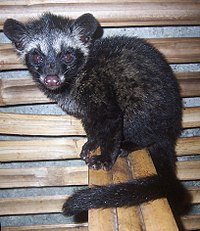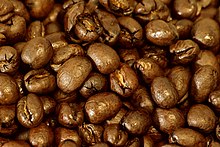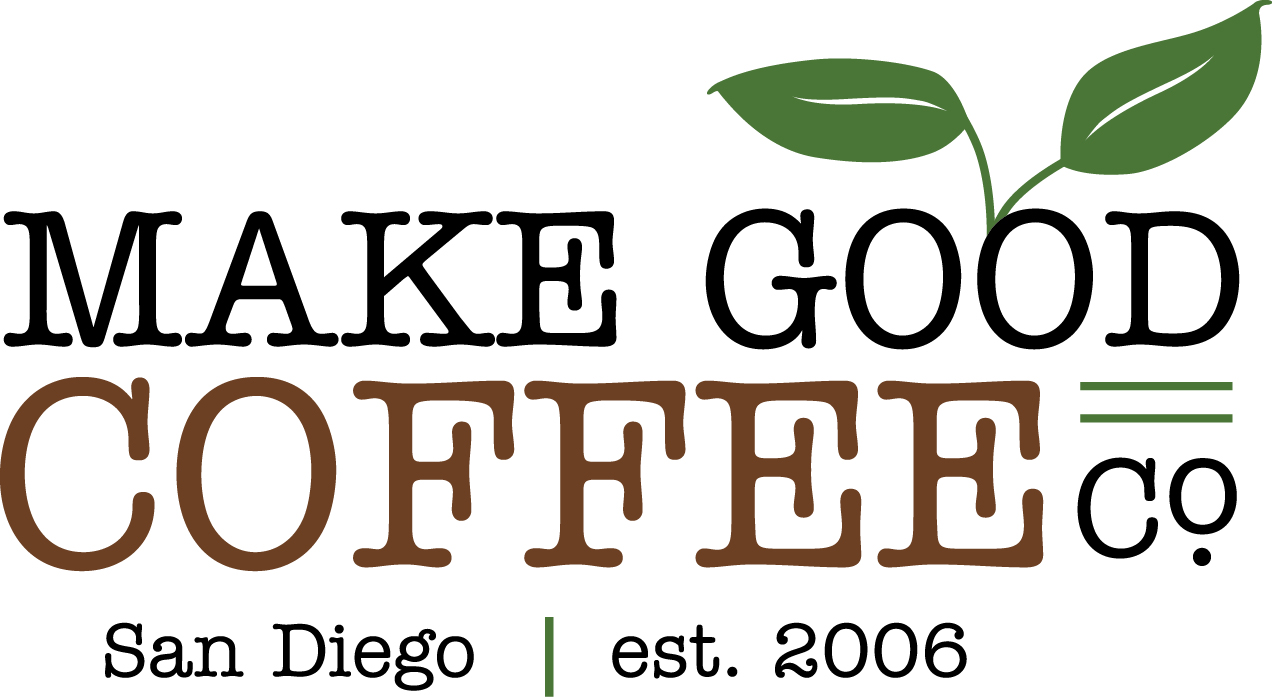My First Coffee Tasting Experience
 On a recent tour of the Fire Roasted Coffee Company (FRCC) in London, Canada, owner David Cook set up me up with a half-pound of Papua New Guinea coffee and a half-pound of Ethiopian Harrar coffee. As I was preparing this morning for my first formal coffee tasting experience, to be hosted by the FRCC, I went with the Ethiopian coffee in my cupboard over the Peets Blend 101. I figured for consistency, if I was going to drink FRCC-roasted coffee all morning, I should stick with this roaster's product from my first cup of the day.Coffee TastingThese tastings are done 4-6 times a year by the FRCC. As roaster Patrick Dunham explained to me, it isn't to provide a lesson in tasting as if you were on a winery tour and learning to properly pick up accents in sips of wine. Rather, the tasting is for the FRCC to profile their more exotic coffee offerings - and often, some new shipments. The FRCC serves a high-end local coffee market that wants to try new varieties and knows they can count on the FRCC to research and source everything the world of coffee has to offer.Here's what I tried...Kopi Luwak Civet Vietnamese Coffee - the "cat's ass" of coffee
On a recent tour of the Fire Roasted Coffee Company (FRCC) in London, Canada, owner David Cook set up me up with a half-pound of Papua New Guinea coffee and a half-pound of Ethiopian Harrar coffee. As I was preparing this morning for my first formal coffee tasting experience, to be hosted by the FRCC, I went with the Ethiopian coffee in my cupboard over the Peets Blend 101. I figured for consistency, if I was going to drink FRCC-roasted coffee all morning, I should stick with this roaster's product from my first cup of the day.Coffee TastingThese tastings are done 4-6 times a year by the FRCC. As roaster Patrick Dunham explained to me, it isn't to provide a lesson in tasting as if you were on a winery tour and learning to properly pick up accents in sips of wine. Rather, the tasting is for the FRCC to profile their more exotic coffee offerings - and often, some new shipments. The FRCC serves a high-end local coffee market that wants to try new varieties and knows they can count on the FRCC to research and source everything the world of coffee has to offer.Here's what I tried...Kopi Luwak Civet Vietnamese Coffee - the "cat's ass" of coffee If the word "civet" caught your eye and you remember it from the movie Bucket List, I won't sugar-coat it for you. This feline loves to eat the coffee cherry but its system only partially digests the seed (the coffee bean itself). What's more is that its digestive system "processes" the bean in such a way that it gives it a flavor coveted by many coffee drinkers. Yes, the civet's poop is collected, roasted as a coffee bean, and ground and brewed just like regular coffee.Some of you know that Vietnam's entry into the coffee growing market going back some 15 years has been mainly the cheaper robusta coffee. But this is the higher-quality arabica species of coffee. How high-quality? Retail price is $240/lb versus conventional $15/lb. And FRCC has no doubt they will move all of the Kopi Luwak coffee that they recently ordered in.Hawaii Kauai Estate ReserveThis was a great reminder of the Kauai coffee I was drinking on a recent trip to Hawaii. Not to be overshadowed by its neighboring Kona coffee, Kauai coffee is a more reasonably-priced well-balanced coffee.Hawaii 100% Kona
If the word "civet" caught your eye and you remember it from the movie Bucket List, I won't sugar-coat it for you. This feline loves to eat the coffee cherry but its system only partially digests the seed (the coffee bean itself). What's more is that its digestive system "processes" the bean in such a way that it gives it a flavor coveted by many coffee drinkers. Yes, the civet's poop is collected, roasted as a coffee bean, and ground and brewed just like regular coffee.Some of you know that Vietnam's entry into the coffee growing market going back some 15 years has been mainly the cheaper robusta coffee. But this is the higher-quality arabica species of coffee. How high-quality? Retail price is $240/lb versus conventional $15/lb. And FRCC has no doubt they will move all of the Kopi Luwak coffee that they recently ordered in.Hawaii Kauai Estate ReserveThis was a great reminder of the Kauai coffee I was drinking on a recent trip to Hawaii. Not to be overshadowed by its neighboring Kona coffee, Kauai coffee is a more reasonably-priced well-balanced coffee.Hawaii 100% Kona Also nostalgic of my recent trip to a plantation in Kona, Hawaii, FRCC sources their Kona coffee from the Greenwell Farms. I certainly recognized the Greenwell name from my trip. FRCC sells this coffee for $40/lb so not quite three times as expensive as your "regular" coffee. While American wages and other associated costs drive up the retail price of Kona coffee, it is not without its merit for fetching a premium among coffees. A nice acidity and unique flavor.Jamaican Blue Mountain
Also nostalgic of my recent trip to a plantation in Kona, Hawaii, FRCC sources their Kona coffee from the Greenwell Farms. I certainly recognized the Greenwell name from my trip. FRCC sells this coffee for $40/lb so not quite three times as expensive as your "regular" coffee. While American wages and other associated costs drive up the retail price of Kona coffee, it is not without its merit for fetching a premium among coffees. A nice acidity and unique flavor.Jamaican Blue Mountain
 My first peaberry coffee was from Kauai. The peaberry is a "coffee aberration" in that the two parts of the seed within the coffee cherry are not separate as is normally the case but rather grow together as a single rounded oval "coffee bean". It isn't necessarily a better coffee, but a different coffee with its own flavor characteristics. The medium-roasted Kauai peaberry coffee I'd tried while in Hawaii was a big favorite of mine...this Bolivian coffee didn't quite knock my socks off as much.But having said that, I didn't have a single bad coffee today. They were all great and unique in different ways. The coffee tasting itself was a great experience, and I thank David and Patrick for spending as much time with me as they did to answer my million questions and make me that much coffee-smarter. Check out the website for the Fire Roasted Coffee Company.
My first peaberry coffee was from Kauai. The peaberry is a "coffee aberration" in that the two parts of the seed within the coffee cherry are not separate as is normally the case but rather grow together as a single rounded oval "coffee bean". It isn't necessarily a better coffee, but a different coffee with its own flavor characteristics. The medium-roasted Kauai peaberry coffee I'd tried while in Hawaii was a big favorite of mine...this Bolivian coffee didn't quite knock my socks off as much.But having said that, I didn't have a single bad coffee today. They were all great and unique in different ways. The coffee tasting itself was a great experience, and I thank David and Patrick for spending as much time with me as they did to answer my million questions and make me that much coffee-smarter. Check out the website for the Fire Roasted Coffee Company.
